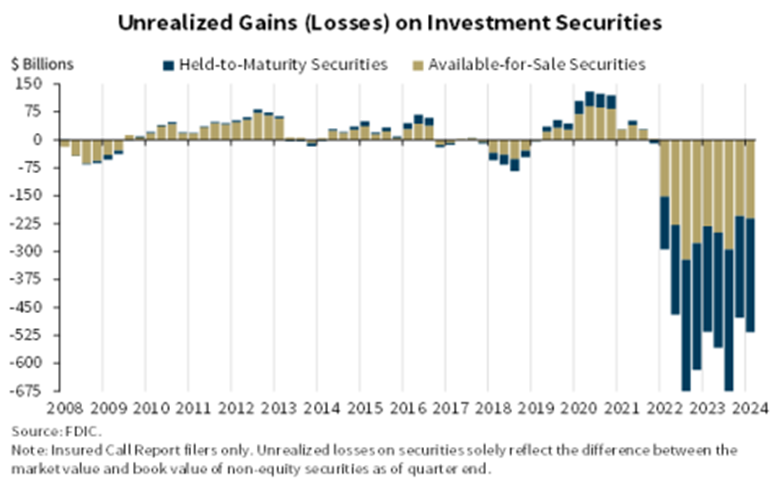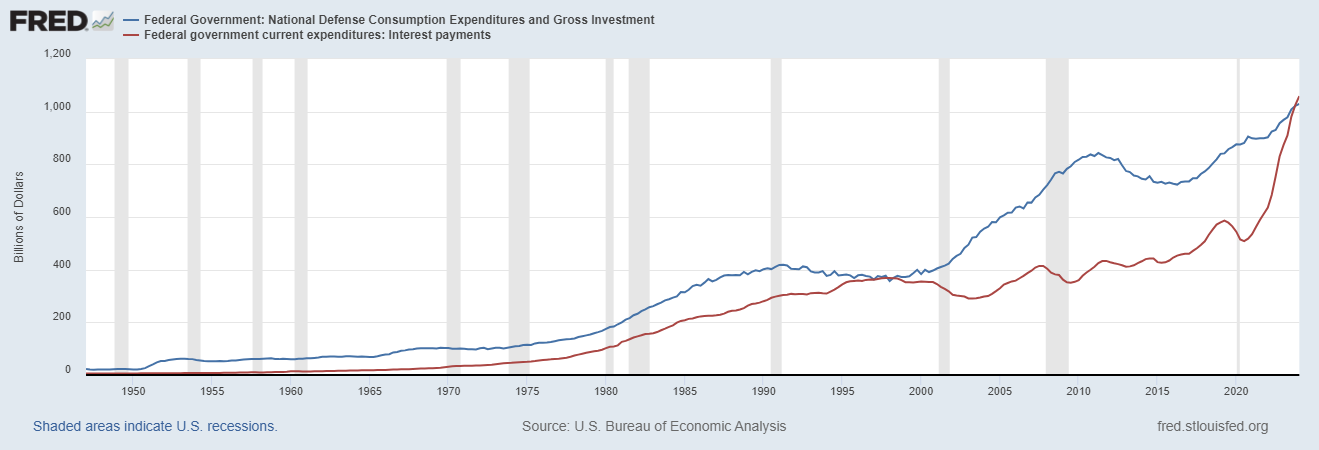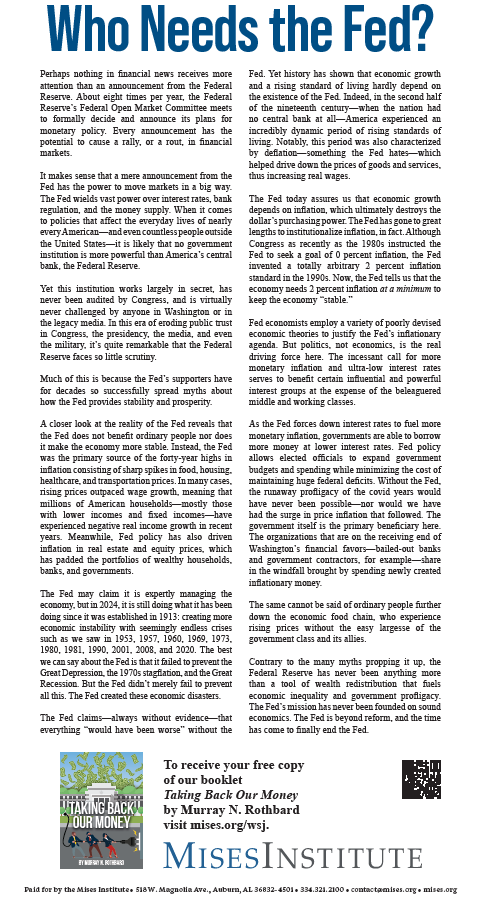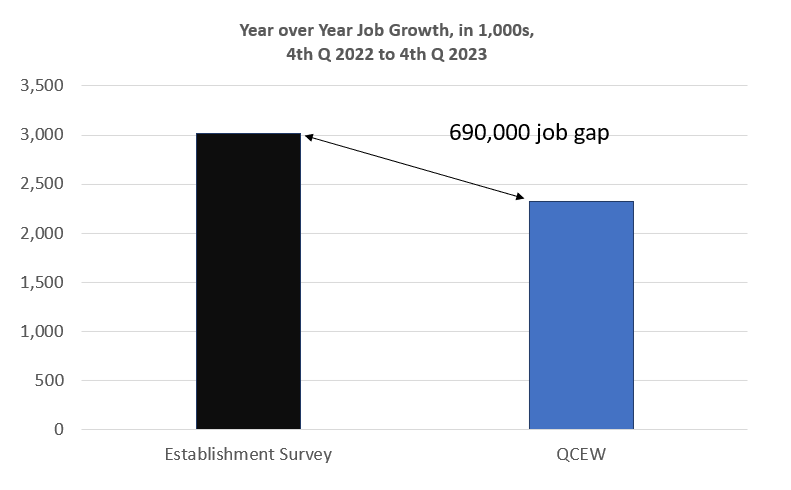Human error happens all of the time. It’s natural – sometimes, you’ll be typing up a document and later realize you made a grammatical error. Or, you might type a date in wrong. You might think you only make these types of mistakes now and again, but the numbers do add up if you think about how many humans each day must be making them.
Why Does Human Error Happen?
Human error happens for numerous reasons, but it’s important to remember that it’s normal. Nobody is a superhuman, after all. Sometimes, the brain doesn’t fire as it usually does, or a person may become distracted for some reason.
One common cause of human error is repetitive, monotonous work. At the beginning of this work, your mind may be focused on getting the motions right. Then, after a while, muscle memory may take over, and that’s when a mistake might be made. Another reason behind human errors is an overstretched workplace; when there aren’t enough people to share the tasks, the ones who are overworked can easily make mistakes while rushing.
While it’s not out of the ordinary to make errors, it can have a pretty devastating impact on the running of a business. In fact, the cost of human error means companies lose millions every single year. That’s why so many of them are turning towards solutions that minimize – or even eliminate – that risk.
Does Automation Make Human Error a Thing of the Past?
Quite possibly, yes! Now, the world isn’t entirely run by robots, but that doesn’t mean automated systems don’t already have their place in the world. Plus, more and more sophisticated automated technology is launched all the time. If you work in the finance sector, for example, you have access to Solifi’s loan origination software. This is a type of platform that optimizes the workload, automating tasks like credit decisions and customer interactions. With a platform like this, human error doesn’t have any chance of happening.
Of course, humans still have their place in the workplace, which means human error is always possible. However, a company is far less likely to see human mistakes occur when it securely store automated systems.
Should You Invest in Automated Systems?
If you are a business owner or entrepreneur and have yet to jump on board the automation train, and you’re wondering whether you should, the answer is yes. Automated systems have tons of benefits alongside preventing human error, including:
- Saving Time
- Consistency
- Improved Accuracy
- Sustainability
- Increased Productivity
- Boosted Customer Satisfaction
- Easier Compliance
At this point, there’s no reason to put off the inevitable – when the competition is likely using automation, you’ll need it not to fall behind. Whichever sector you are in, automation software will likely make your work much smoother.
Automation vs Human Error: In Summary
Human error has been part of life since the dawn of time. That might come to an end eventually, but not quite yet. Automation can reduce human error significantly by taking on the tasks that people would otherwise carry out. While it’s not a complete elimination, it’s definitely an improvement.
Are you the author? Previous post See more forTags:




























